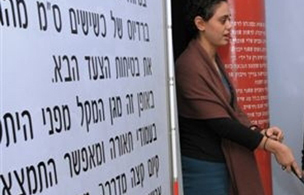|
When the girls arrived at their destination, they only imagined what they were going to learn about, but they could not have fully understood how the exhibit would be conducted. It took place in total darkness. They were blindfolded and even walked with sticks. Blind guides lead the girls through a completely dark environment where they learned to interact by relying on their other senses. The activities done in the museum provide an innovative and powerful tool for human resource development, reinforcing a collaborative mindset and emotional intelligence.
The girls were totally fascinated by the exhibition where they also had a gastronomic experience – “Taste of Darkness”. They had to scratch, sniff and taste foods they could not see and guess what they were. In this totally dark underground
exhibit, the girls were taken into a garden setting as well. They were not told what type of an
environment they were in. They heard birds chirping. They felt gravel under their feet, and they did not know where they were –
they suddenly had to walk more carefully, to be acutely aware of their
surroundings. They had to guess what kind of setting they were in. After they exited the garden, they entered a little room. The girls had to touch items to figure out where they were. This room was a kitchen with all sorts of gadgets. The tour guide asked everyone to feel around and guess what she is touching. They touched a table, chairs, a sink, a counter….
Next was the grocery. There were shelves filled with different kinds of food. The girls had to guess what they were. There were apples, peaches, bananas, cucumbers and tomatoes. The tour guide mentioned that he does grocery shopping often and he learned to scratch the food and smell to see what it is. There is so much that you are able to “see” by doing that. The girls also boarded a real boat, in the water. It was torture for the girls not to be able to look at the beautiful waves… Another exercise was to take the girls into a real store, with a real cashier, to pay for and to purchase an item in the dark. Next the girls entered a music room, where the only focus was on the music.
After this amazingly fascinating experience, our girls were asked what were the main things they learned from attending this venue? Here are some of their responses: “Being able to see can’t be taken for granted. I make the blessing of “Pokeach Ivrim” - open the eyes of the blind- with so much more Kavanah (meaning). It is such a different world for the blind people. I was in that world for one hour… We have to appreciate what we have.” When another one of our girls, Dalia C., was asked the following question, “How would you relate to blind people or those with chronic vision problems since visiting the museum?” she answered very seriously, “I was able to 'see' what they feel like on a daily basis. Without vision beautiful flowers, trees, scenery, and so much more is totally lost.” Chava'la L. was asked why she thinks that it was important for her to go to such a
museum. Chava'la thought for a moment and
answered, “Many of us come from abusive pasts. We have so many
complaints and we often feel very sorry for ourselves. Coming to this museum has given
us a chance to be more grateful. I really cherish my vision now!" Our staff wondered if some of the girls would want to visit the museum again. They finally asked one girl Hadassah Z., “Would you consider going to the Blind Museum again? If so, why? Hadassah answered, “Of course! I enjoyed it so much. It was really ‘eye opening’.” The Rubin-Zeffren Children’s Home, with the help of Lev LaLev, and people like YOU, sends these needy girls, many of whom have never set foot in a museum, or have hardly ever gone on a bus trip, to the most stimulating and educational field trips. The girls at the home are so thankful that they can experience new places, learn things they never dreamed of knowing – in other words, they love the future they see for themselves today. And, it's all thanks to YOU!!! To help sponsor an educational field trip, click here. |
|
|


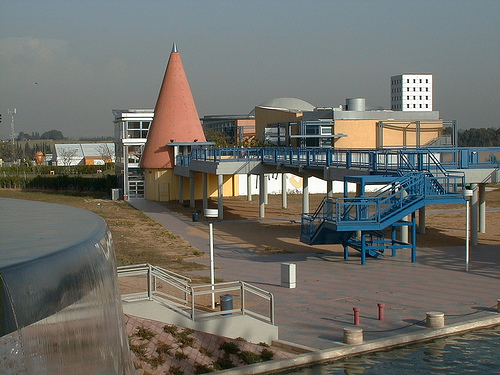 Just as the Pre-Pesach school recess
began in Israel, Bracha Runes, the Home’s program director arranged a most compelling visit to the
Children’s Museum – Dialogue in Darkness exhibit in Holon.
Just as the Pre-Pesach school recess
began in Israel, Bracha Runes, the Home’s program director arranged a most compelling visit to the
Children’s Museum – Dialogue in Darkness exhibit in Holon. 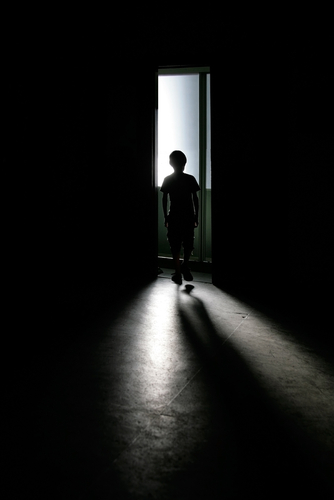 Our girls, who were divided into small
groups and were exposed to total darkness. Ordinary daily
experiences suddenly became extraordinary because they are experienced without
eyesight.
Our girls, who were divided into small
groups and were exposed to total darkness. Ordinary daily
experiences suddenly became extraordinary because they are experienced without
eyesight.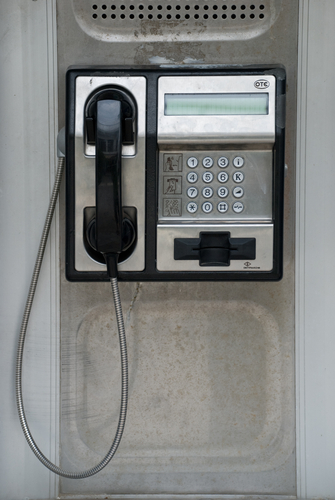 Then
they were lead to a street.
There was a real car, a bicycle, a pay phone, and a park bench. It was really
difficult for some of the girls to make out what each article was in the pitch
black. They had to concentrate and focus by using only their sense of touch.
Then
they were lead to a street.
There was a real car, a bicycle, a pay phone, and a park bench. It was really
difficult for some of the girls to make out what each article was in the pitch
black. They had to concentrate and focus by using only their sense of touch.